5 Things to Know About The Van Cliburn — Inside the World’s Biggest Piano Competition
How to Watch and Enjoy the Piano Olympics in Fort Worth Like a True Music Expert
BY Hayden Miller // 06.06.22Denis Linnik from Belarus performs during the Preliminary round of The Sixteenth Cliburn International Piano Competition. (Photo by Ralph Lauer)
Every four years, more than 10 million viewers from around the world tune in to a Fort Worth competition to see who will win a hundred thousand dollars — and more. This is a different kind of sporting event — the Van Cliburn International Piano Competition, back after a year long COVID delay with greater fire (and bigger prizes) than ever.
To celebrate its 60th anniversary, 30 of the world’s most elite pianists have traveled to Texas to celebrate the highest caliber of music making. To help make the two-week affair a little less daunting and more approachable for those outside the world of classical music, here are some tips to better understand and navigate this storied international piano competition, with the quarterfinals set to conclude this Monday, June 6 and the semifinals running this Wednesday, June 8 through Sunday, June 12 at Fort Worth’s Bass Performance Hall. The top six pianists will compete in the finals from Tuesday, June 14 through Saturday, June 18, concluding with an award ceremony at 7 pm.
Honoring a Piano Legend
The competition pays tribute to Texas pianist Van Cliburn, who helped ease tensions during the Cold War by winning the first Tchaikovsky Piano Competition, which occurred in Moscow at the height of Soviet and United States tensions. Created to honor this piano pioneer’s transcendent spirit, “the Cliburn represents the epitome of human striving towards the highest artistic and communicative command,” former competitor Amy Yang says. “Furthermore, for me, the opportunity to meet and speak with Van Cliburn himself, to hear colleagues, and to be cared for by the gracious and massive network of supporters in 2009 formed a lasting memory.”
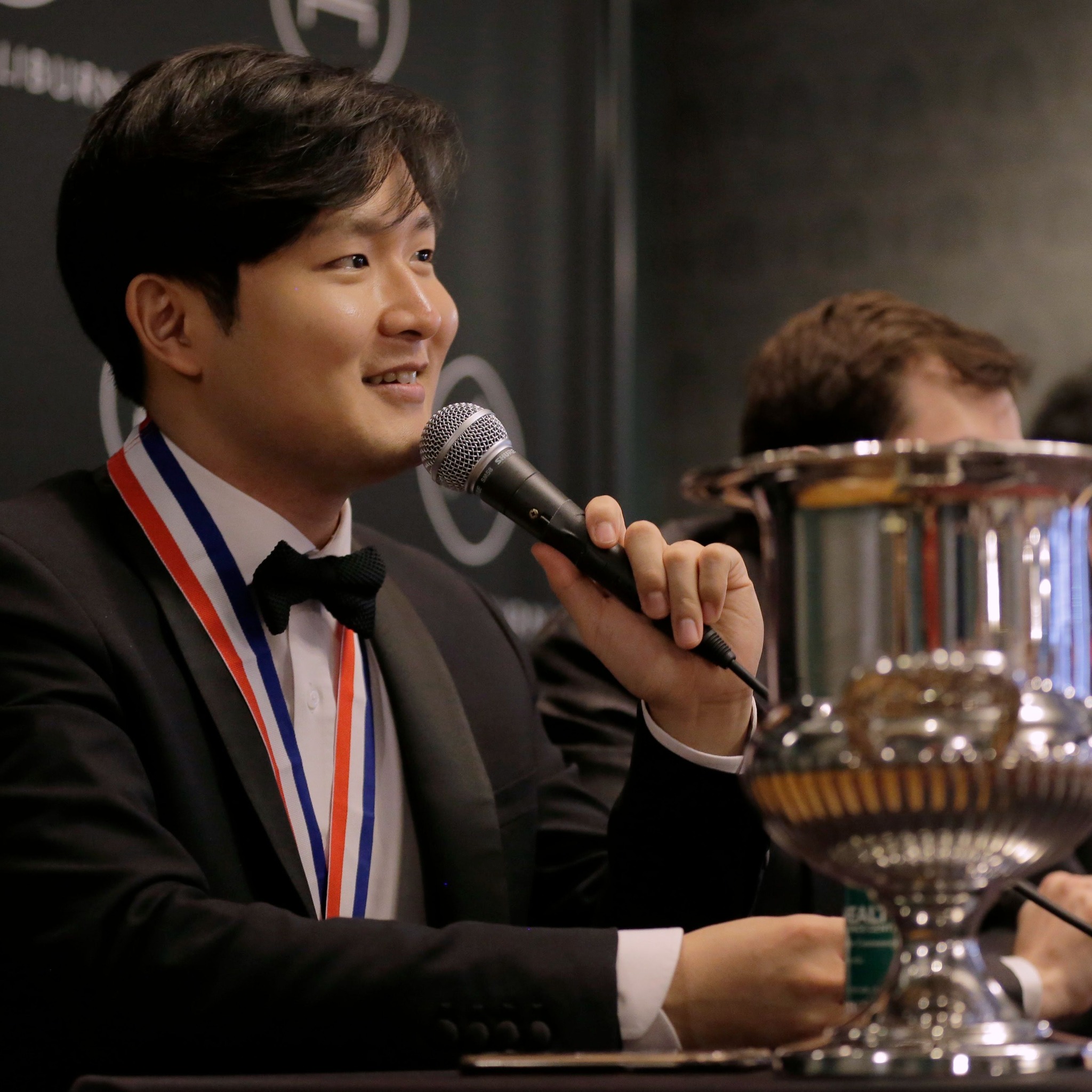
The Cliburn competition is traditionally held every four years. The last one took place in 2017 and COVID pushed the 16th edition a year till this summer.
Big Prizes
Contestants compete for some of the biggest prizes in classical music with $100,000 for the gold medalist, $50,000 for silver and $25,000 for bronze. That’s a 94 percent increase from the 2017 prizes, which awarded $50,000 for gold, $25,000 for silver and $15,000 for bronze.
Just as importantly, these monetary awards come with near priceless career management packages that include three years of concert bookings, artistic mentorship, media training, commercial recording releases and professional promotion.
In addition to the three medalists, pianists can also win discretionary awards for performances of certain pieces and monetary bonuses for reaching the finals or semifinals. Audiences play a role too. Anyone can vote online to determine the winner of the $2,500 Carla and Kelly Thompson Audience Award.
The Cliburn’s Four Rounds Push Pianists to the Limit
The Cliburn occurs in four rounds: preliminaries, quarterfinals, semifinals and finals. After each round is complete, the jury votes to advance a certain number of pianists, eventually narrowing the field to six finalists who play with the Fort Worth Symphony to determine the final medalists.
The contestant pianists choose what they play, with the exception of a new solo piece written for the competition by juror Stephen Hough, which must be played in the preliminary round.
A Vote by Jury
Nine respected pianists made up of the top performers and teachers at the time of each Van Cliburn Competition vote to determine who advances. Prohibited from discussing performances amongst themselves, these expert jurors use secret ballots to select the pianists they believe should move on to the next round.
Jurors are searching for “whether you play music as if your life depends on it,” Yang says. “To get on that stage, you must embody the courage and inviolable right to confront and speak your own quintessential truth.”
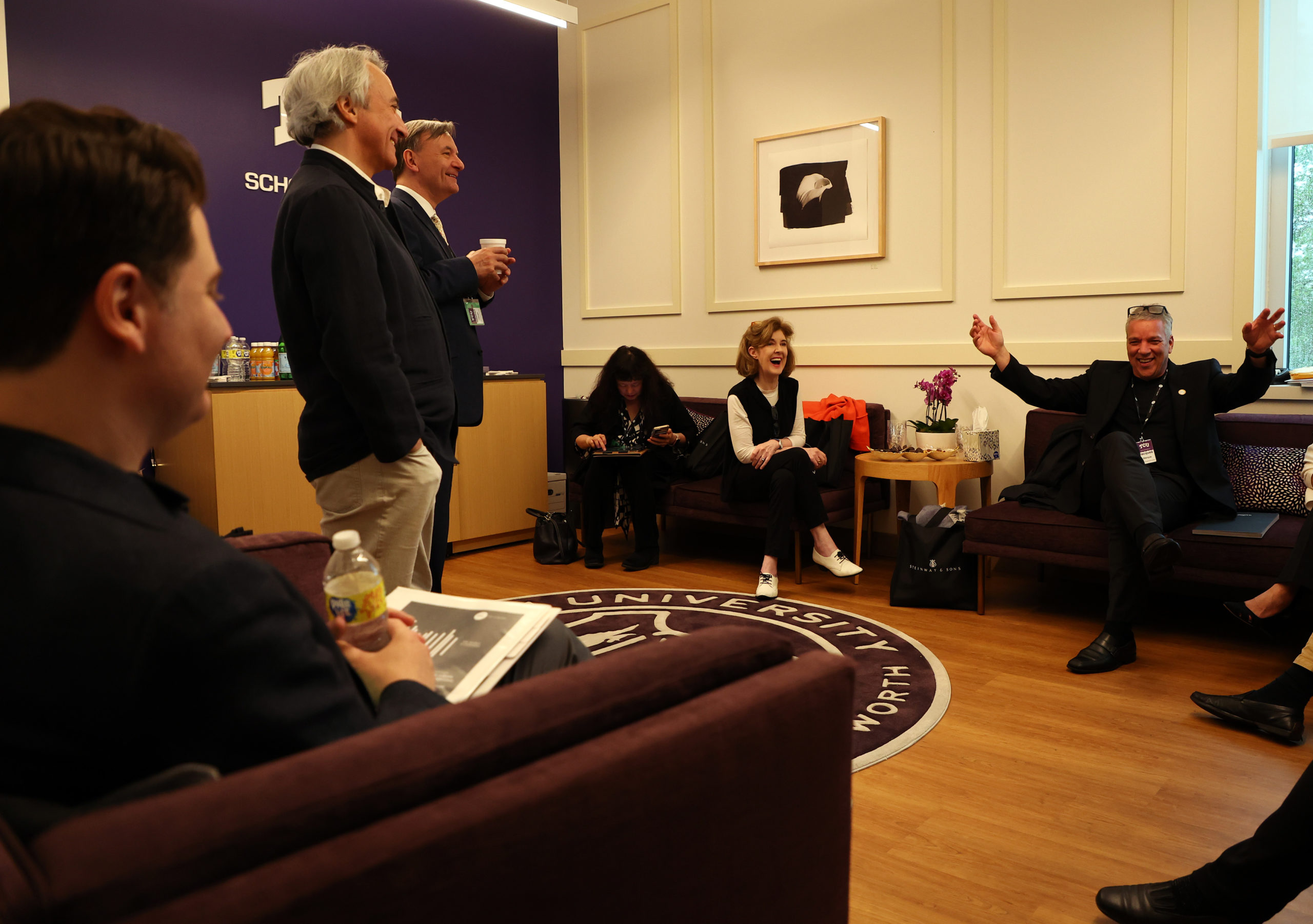
Listening With Your Heart
When one is listening to 30 world class pianists in succession, the question of how to truly distinguish them from each other emerges.
“Every competitor is at the highest level of technical achievement, which means judges are listening for more subjective things such as interpretation, color — the variety of sounds a pianist produces — and charisma,” notes Jennifer Hayghe, a 1993 Cliburn competitor who’s now an associate professor of Piano at University of Colorado Boulder.
While paying attention to the intricacies of sound and time can help audiences, Hayghe suggests a different strategy. “As an audience member, I like to listen with my heart, to see which performances are most moving,” she says.
The Cliburn competition is streaming through June 18 on its website. Tickets to attend live performances in Fort Worth are available here.

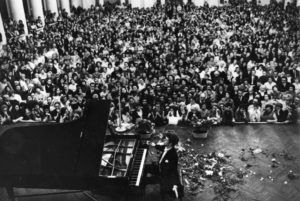
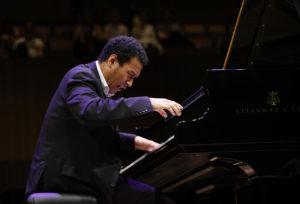


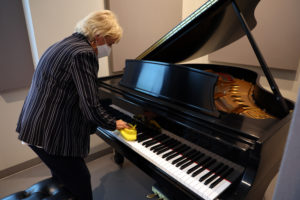





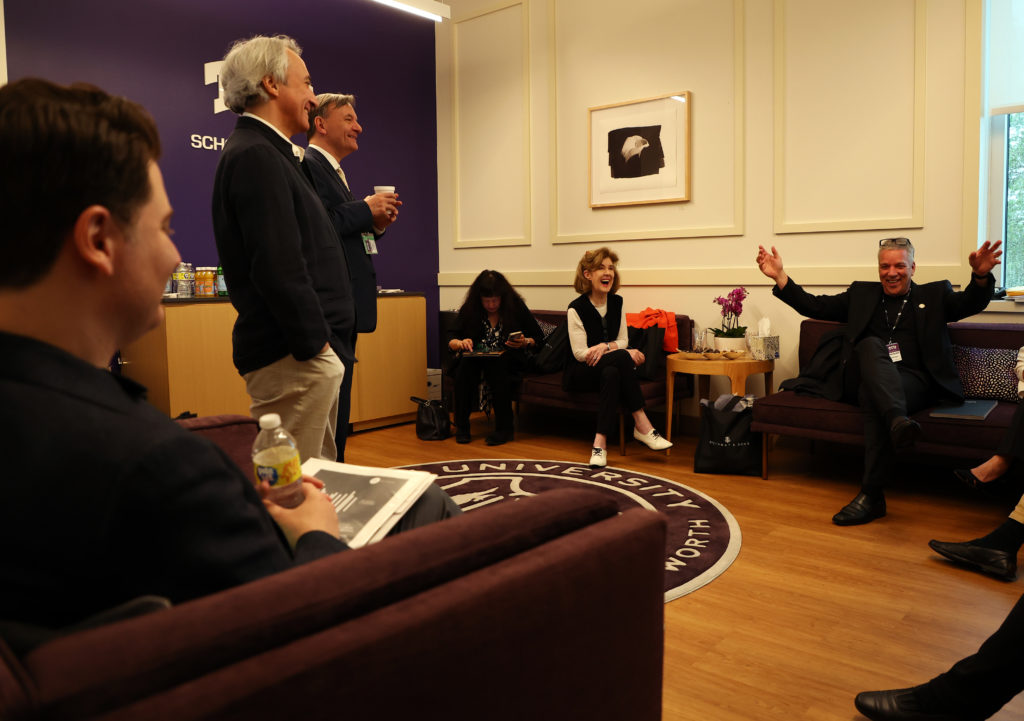
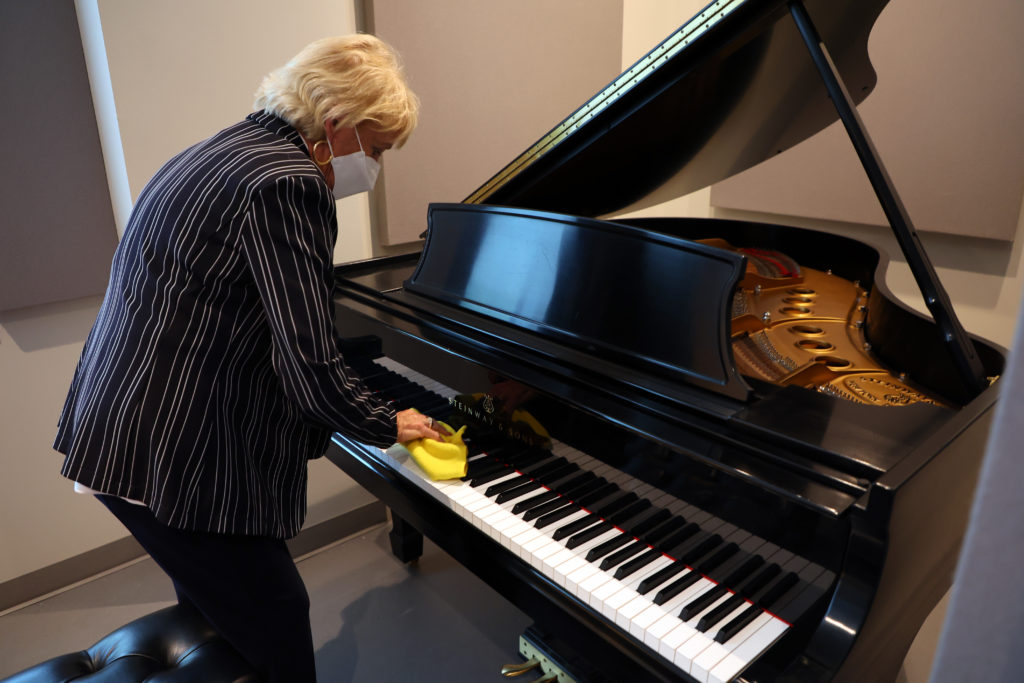





_md.jpg)













_md.jpg)















_md.jpg)


_md.jpg)




_md.jpg)
_md.jpg)











_md.jpg)

_md.jpg)


_md.jpg)
